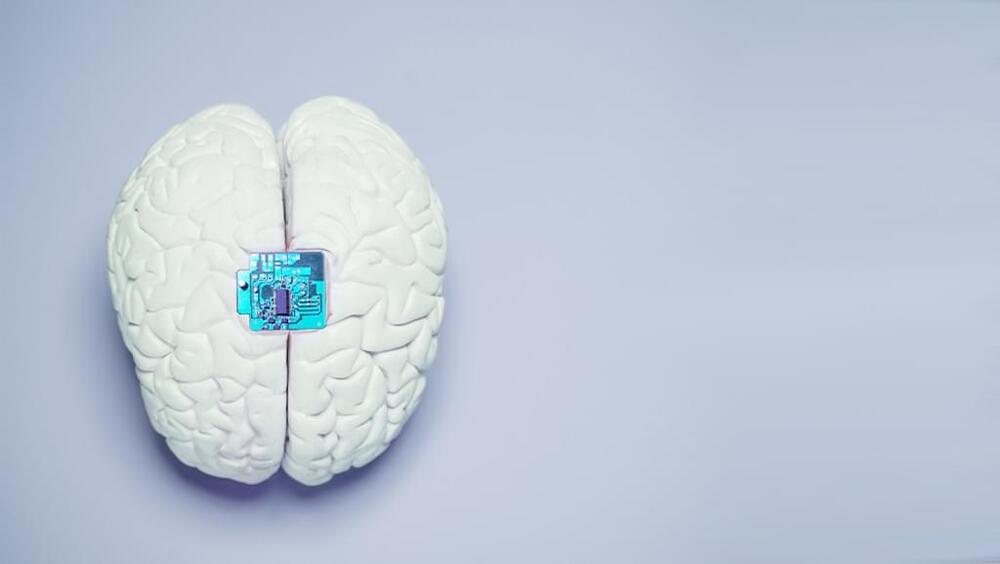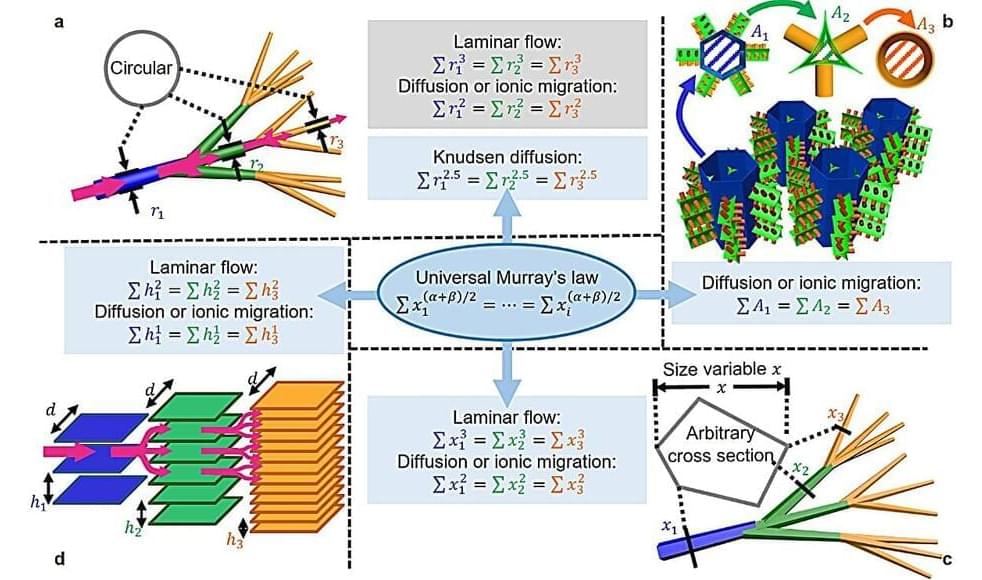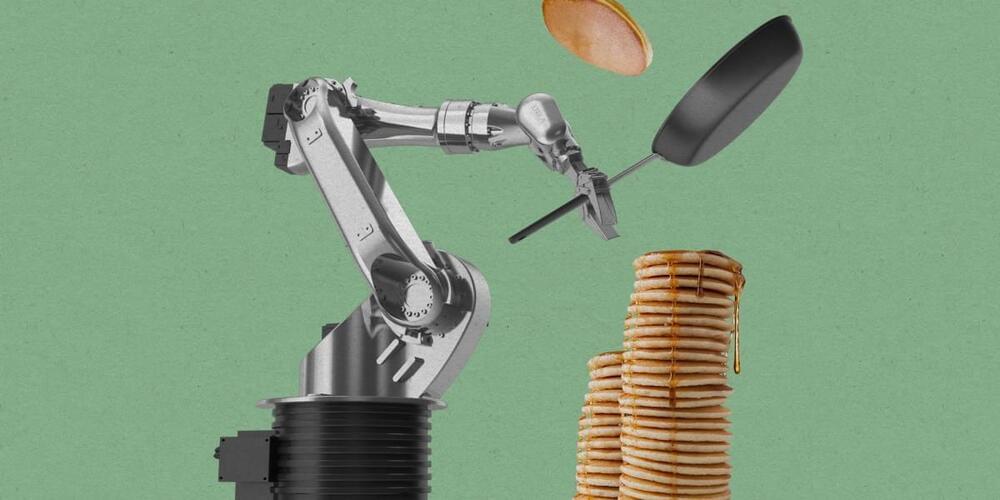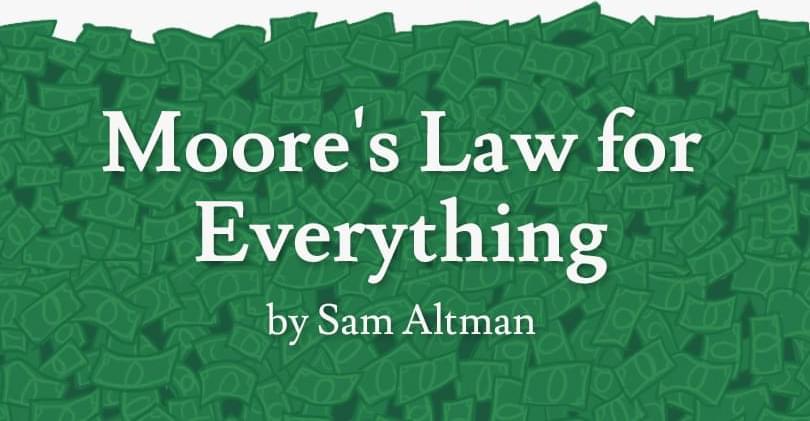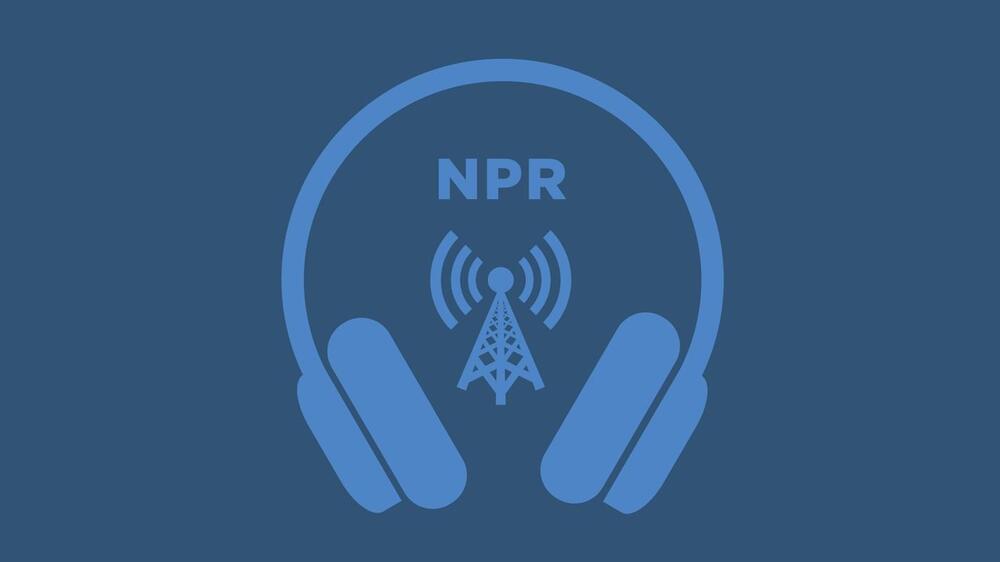This spring, the Hastings Center Report added a new series of essays named after the field its pieces aim to explore. Neuroscience and Society produces open access articles and opinion pieces that address the ethical, legal, and societal issues presented by emerging neuroscience. The series will run roughly twice a year and was funded by the Dana Foundation to foster dynamic, sustained conversation among neuroscience researchers, legal and ethics scholars, policymakers, and wider publics.
The first edition of the series focuses on the topic of research studies and what is owed to people who volunteer to participate in clinical trials to develop implantable brain devices, such as deep-brain stimulators and brain-computer interfaces.
Imagine you have lived with depression for most of your life. Despite trying numerous medications and therapies, such as electroconvulsive therapy, you have not been able to manage your symptoms effectively. Your depression keeps you from maintaining a job, interacting with your friends and family, and generally prevents you from flourishing as a person.
